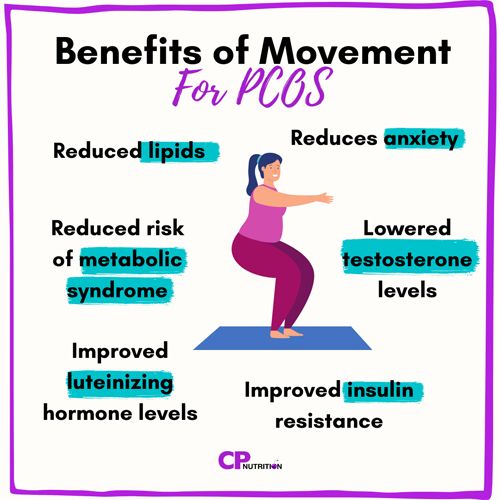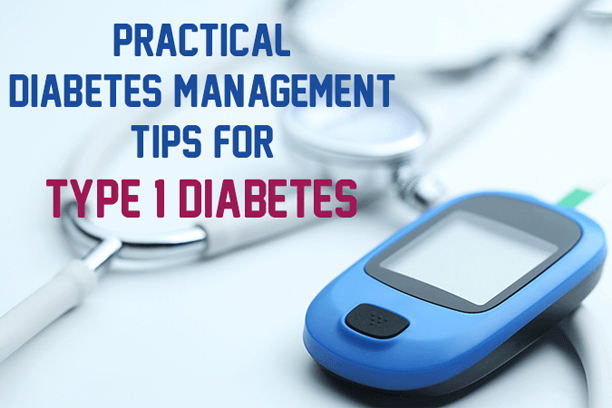What is the management of PCOS?
Polycystic Ovary Syndrome (PCOS) remains a complex endocrine disorder, affecting numerous women globally. Characterized by hormonal imbalances, irregular menstruation, and the growth of cysts on the ovaries, PCOS poses multifaceted challenges, necessitating a nuanced approach to management.
Comprehensive Diagnosis
A precise diagnosis is fundamental in managing PCOS effectively. Thorough evaluations encompassing medical history, physical examinations, and specific tests are pivotal. Blood tests analyzing hormone levels, ultrasound examinations to detect ovarian cysts, and ruling out other conditions that mimic PCOS are essential diagnostic protocols.
Lifestyle Modifications
Lifestyle adjustments wield substantial influence in mitigating PCOS symptoms. Maintaining a balanced diet, focusing on whole foods, lean proteins, and complex carbohydrates can aid in stabilizing insulin levels. Regular physical activity holds immense value in managing weight and improving hormonal balance, thus positively impacting PCOS management.

Medication and Therapeutic Interventions
Medical intervention plays a crucial role in PCOS management. Hormonal contraceptives are frequently prescribed to regulate menstrual cycles and hormone levels. Anti-androgen medications may be recommended to manage excessive hair growth and acne. In some cases, fertility medications could assist in inducing ovulation.
Dietary Considerations
Dietary modifications tailored to PCOS can significantly alleviate symptoms. Emphasizing low-glycemic index foods and consuming adequate fiber aids in controlling insulin levels and promoting weight management. Incorporating foods rich in omega-3 fatty acids, such as fish and flaxseeds, may help in reducing inflammation associated with PCOS.
Weight Management Strategies
Weight management remains pivotal in PCOS management, given its profound impact on hormone regulation. Attaining and maintaining a healthy weight through a combination of dietary adjustments and regular exercise assists in improving insulin sensitivity, menstrual regularity, and overall well-being in individuals with PCOS.
Holistic Approaches
Holistic approaches encompassing stress management techniques like yoga, meditation, or mindfulness exercises hold promise in PCOS management. Stress reduction aids in regulating hormonal imbalances, potentially alleviating symptoms associated with the condition.
Diabetes Education and Support
Empowering individuals with comprehensive information about diabetes plays a pivotal role. Education about healthy lifestyle choices, understanding medications, meal planning, and stress management equips individuals to make informed decisions, leading to better diabetes management.
Continual Monitoring and Support
Continuous monitoring and support from healthcare professionals are paramount in managing PCOS effectively. Regular follow-ups, adjustments in treatment plans, and counseling on lifestyle modifications form a crucial continuum in combating PCOS.
Popular Services
Diabetes Management
Plans customized to manage weight with diabetes with a focus on reversal of Type II diabetes.
Contact NowWhat is PCOS Management?
Polycystic Ovary Syndrome (PCOS) is a complex hormonal disorder affecting individuals, primarily women, of reproductive age. It is characterized by an array of symptoms, including irregular menstrual cycles, hormonal imbalances, ovarian cysts, and metabolic disturbances. While there's no definitive cure for PCOS, effective management plays a pivotal role in mitigating its symptoms and enhancing overall well-being.
Early Identification and Diagnosis
Early detection is key to managing PCOS efficiently. Despite the absence of a single test to diagnose PCOS, physicians evaluate various factors, including medical history, symptoms, physical examinations, and laboratory tests. Diagnostic criteria often include irregular periods, increased androgen levels, and polycystic ovaries detected via ultrasound.
Dietary Adjustments
Opting for a well-balanced diet is crucial in managing PCOS. Emphasize whole foods rich in nutrients and fiber while limiting refined carbohydrates and sugars. Incorporating lean proteins, leafy greens, complex carbohydrates, and healthy fats can help regulate blood sugar levels and aid in weight management.

Regular Exercise Regimen
Physical activity significantly contributes to PCOS management. Engaging in regular exercise not only aids in weight control but also improves insulin sensitivity, reduces androgen levels, and alleviates stress. A combination of aerobic exercises, strength training, and flexibility exercises can be beneficial.
Medical Interventions
Physicians may prescribe medications to address specific symptoms associated with PCOS. Birth control pills can regulate menstrual cycles and reduce androgen levels. Metformin, typically used for diabetes, may assist in managing insulin resistance often present in PCOS
Assisted Reproductive Therapies (ART)
Individuals struggling with infertility due to PCOS might benefit from assisted reproductive therapies. These may include ovulation induction, in vitro fertilization (IVF), or other fertility treatments tailored to individual needs.
Stress Management and Mental Health
Chronic stress exacerbates PCOS symptoms. Incorporating mindfulness practices such as meditation,
yoga, or deep breathing exercises can alleviate stress levels and promote emotional well-being.
Consulting mental health professionals or support groups can provide valuable coping strategies and
emotional support while navigating the challenges associated with PCOS.
Regular check-ups and follow-ups with healthcare providers are crucial for individuals managing
PCOS. Monitoring hormonal levels, assessing symptom progression, and adjusting treatment plans
accordingly are vital components of comprehensive PCOS management.
100
Customer950
Per Day Visitors2000
Satisfied Clients10
Award Winning




